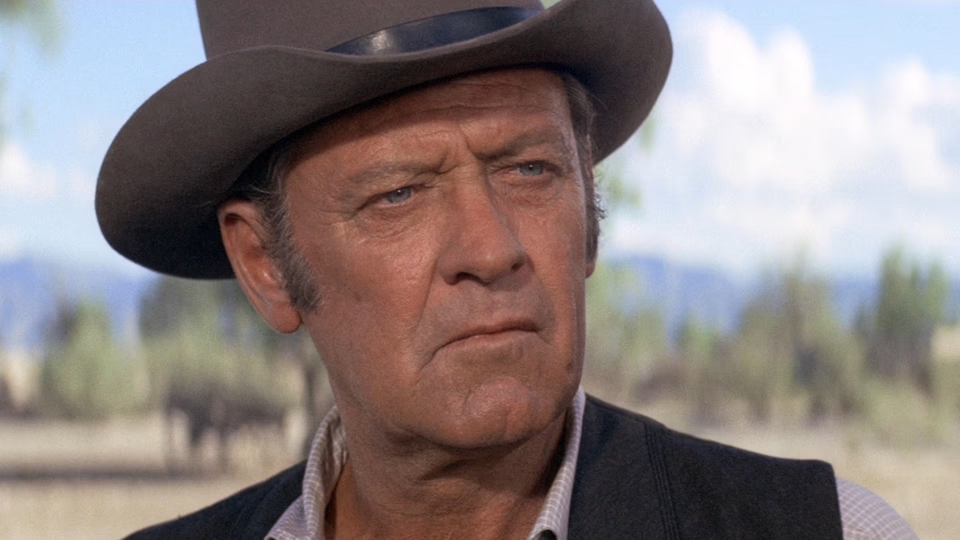The Revengers

There’s a moment in The Revengers where William Holden, having just discovered his family massacred by Comanches, is meant to convey the sort of gut-wrenching anguish that transforms a man into an angel of vengeance. The scene doesn’t work. Holden, who shines in later scenes of lesser intensity, seems uninterested. It’s the first misstep in a film that keeps getting in its own way.
The story is familiar territory: Holden plays a decorated Union veteran who’s carved out a peaceful existence in post-Civil War Colorado. When Comanches, led by a white comanchero, slaughter his family, he sets out for revenge. So far, so conventional. But then the film takes an interesting turn, as Holden recruits his revenge squad from a Mexican prison, giving us a sort of Dirty Dozen south of the border.
The film’s greatest assets are its visuals and its supporting cast. Shot in Panavision, the Mexican locations provide a fresh backdrop that sets it apart from both the California-shot Hollywood westerns and the Spanish-filmed spaghetti varieties. The production design feels lived-in rather than constructed. Holden’s log cabin, the army forts, the prison—everything has weight and authenticity.
Among the prisoners, Woody Strode nearly steals the show, matching Holden’s screen presence beat for beat, while Ernest Borgnine delivers a memorable turn as a sniveling opportunist. Once Holden settles into revenge mode, he essentially reprises his Wild Bunch persona—right down to his wardrobe—which proves more effective than his earlier dramatic scenes.
But just when the film seems to be building to a satisfying climax, it takes an odd detour into melodrama. Holden gets wounded and ends up bedridden with a nurse played by Susan Hayward whose Irish accent comes and goes. The tone shifts from adventure to soap opera in search of gravitas the preceding 80 minutes haven’t earned. The film seems to realize this too, hastily abandoning this subplot and returning to its revenge narrative as if nothing happened.
Director Daniel Mann clearly knows how to compose a handsome shot, but when it comes to action, he seems stuck in an earlier era. Where Sam Peckinpah and Sergio Leone were revolutionizing screen violence with balletic brutality and operatic staging, Mann gives us thoroughly conventional sequences. Bad guys clutch their stomachs and topple over. Horses stumble and fall in dusty charges. It’s competent but uninspired—especially disappointing given how well everything else looks.
The Revengers is a film that might have been great with a tighter script and a director more attuned to the changing language of screen violence. As it stands, it’s a handsome but uneven western that’s worth watching for its outstanding cinematography and strong supporting performances. It’s the kind of film that reminds you of better movies while never quite measuring up to them—but sometimes, that’s enough.